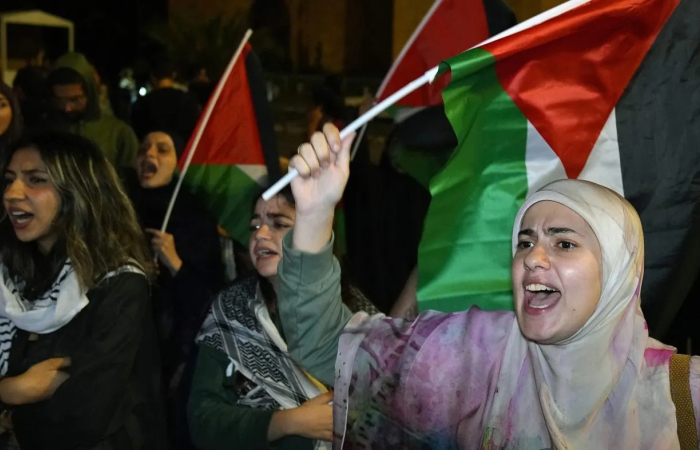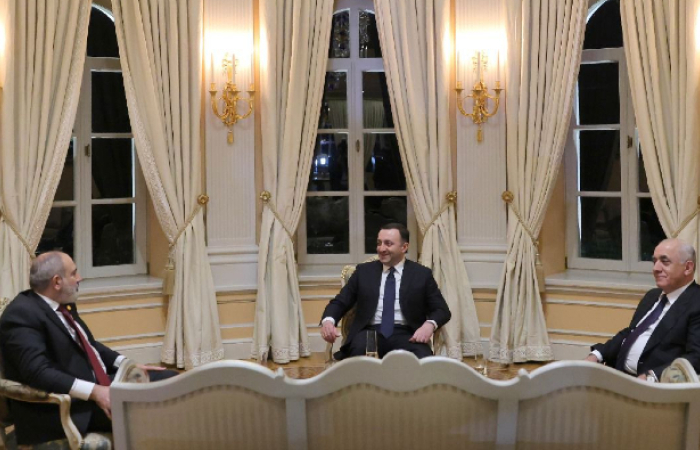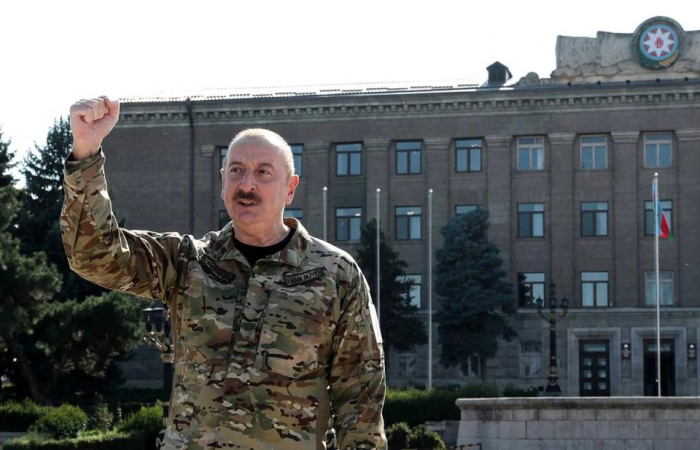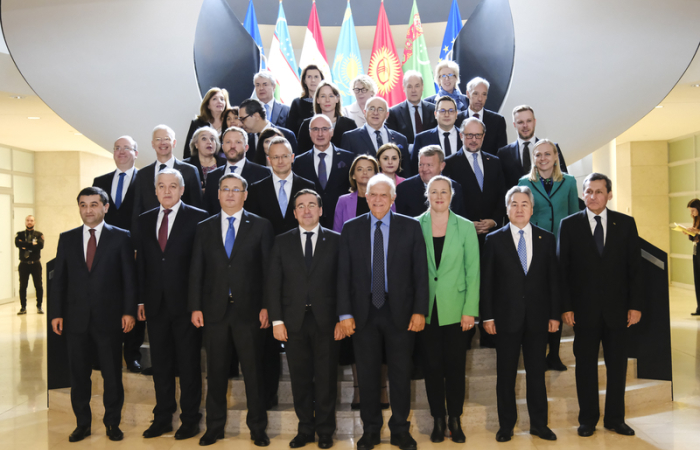Trending
Commentary: Gaza casts a shadow on the entire Middle East, and on its relations with the world
7 November 2023
The ongoing conflict, and accompanying humanitarian catastrophe in Gaza has cast a shadow over the entire Middle East. It is clear that no Arab country can now avoid being embroiled in one way or another. Pictures of the suffering that the Palestinian people in Gaza have to endure on a daily basis fill the screens of all news programmes, and on social media the situation is hotly debated. Arabs are overwhelmingly incensed that the world allows the suffering of the Palestinian people to continue. For the young generation, especially in the Gulf, this is the first exposure to a crisis of this kind. No doubt, the present atmosphere adds to the radicalisation of some among this generation.
Those countries that only very recently took the bold step of establishing relations with Israel now face criticism which they cannot ignore. One of these countries, Bahrain, on Thursday (2 November) recalled its Ambassador to Israel and suspended economic ties. Earlier, Saudi Arabia stepped back from the process of normalising relations with Israel, and has become a very vocal critic of Israeli policy.








